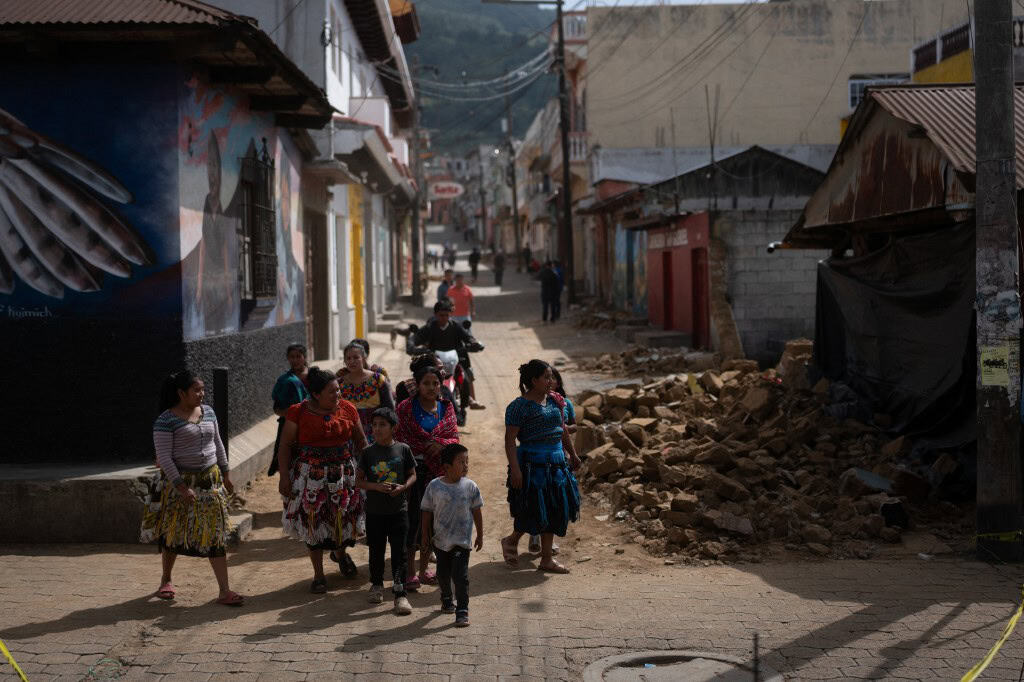In a Guatemalan town reeling from recent earthquakes, residents took matters into their own hands on Thursday night, lynching five men they accused of looting empty homes. The violence unfolded in Santa Maria de Jesus, the hardest-hit area in Sacatepequez department, where tremors up to 5.7 magnitude have claimed seven lives since Tuesday and left widespread destruction.
Police confirmed the incident on Friday, with spokesman Cesar Mateo explaining that locals captured the suspects, beat them severely, and killed them over theft allegations. The men reportedly targeted houses abandoned as families sought safety in shelters or with relatives amid ongoing aftershocks. Mateo stressed that while theft breaks the law, so does mob justice, urging communities to rely on authorities instead.
This act of vigilante retaliation highlights a deeper issue in Guatemala, where distrust in the justice system often leads to such outbreaks. Criminals frequently exploit chaos, like the current seismic swarm that has damaged about half of the town’s 27,000 residents’ buildings, according to Mayor Mario Perez. From 2008 to 2020, similar incidents resulted in 361 deaths and 1,396 injuries nationwide, as tracked by the Mutual Support Group, a local rights organization.
Eyewitness accounts and social media footage paint a grim picture. Videos show one man on the ground, pummeled by a crowd before they doused him in gasoline and set him ablaze. Other clips capture the aftermath: a charred motorcycle, scattered burned sticks, stones, and shattered glass along the 5th Avenue and 0 Street, where neighbors said the suspects tried to flee on bikes. Initial reports suggested four deaths, but police later updated the toll to five.
The earthquakes have compounded misery in this Indigenous Mayan community. Power outages persist, landslides have blocked roads, and water shortages add to the desperation. Families sleep outdoors fearing collapses, making homes easy targets for opportunists. The government has airlifted aid, but delays have fueled frustration. Nearby Palin faces similar hardships, with ongoing quakes keeping everyone on edge.
Authorities have responded swiftly to the lynching. The Public Ministry launched an investigation into the mob participants, aiming to hold them accountable. Interior Minister David Napoleon Barrientos condemned the killings, calling them regrettable and stressing the need for calm amid the crisis. Police presence has increased, but tensions remain high as aftershocks continue.
Residents describe a breaking point. One local told reporters they acted out of sheer necessity, with no quick help from officials during the emergency. “We had to do something,” a neighbor said, pointing to the lack of electricity and communication that left them isolated.
This event echoes broader patterns in Central America, where natural disasters expose weak institutions and spark community backlash. In Guatemala, seismic activity in volcanic regions like Sacatepequez often leads to such vulnerabilities. Experts note that without faster reforms to policing and courts, these cycles of violence will persist. As recovery efforts ramp up, officials promise more support, including repairs to infrastructure and security patrols.






